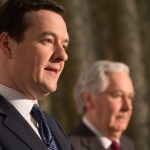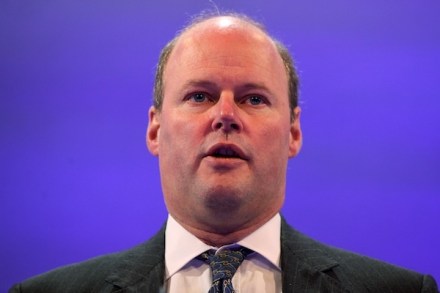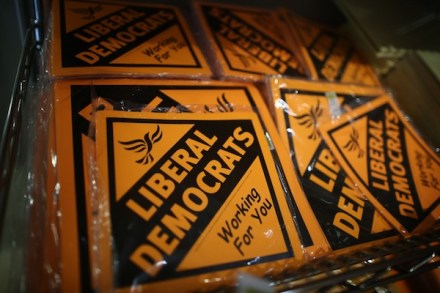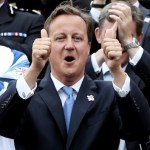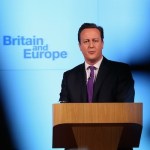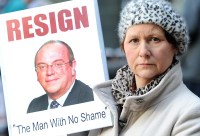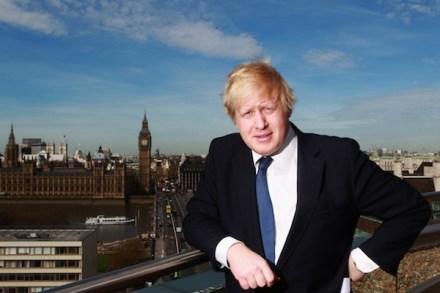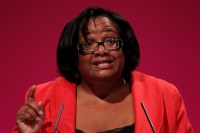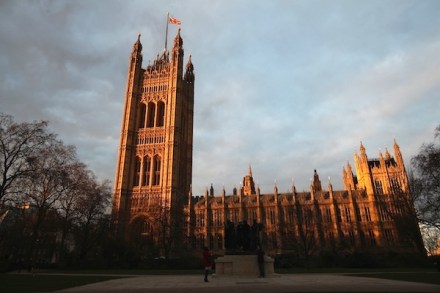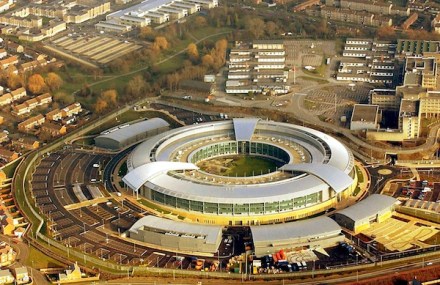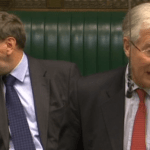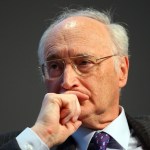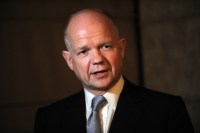The Tory party are finally going to have to decide about Europe. It’ll break them
By the time the G8 is next held in this country, the United Kingdom may well have left the European Union. In the next eight years, the question of whether Britain is in or out will be settled. We know that if David Cameron is Prime Minister after the next election, that decision will be made in 2017. But whoever is in No. 10, a referendum is coming. When it comes, the Tory party will have to decide whether it is for exit or staying in. Either way, it is hard to see the party staying together. On Monday, we had a preview of the coming argument. David Cameron gave



